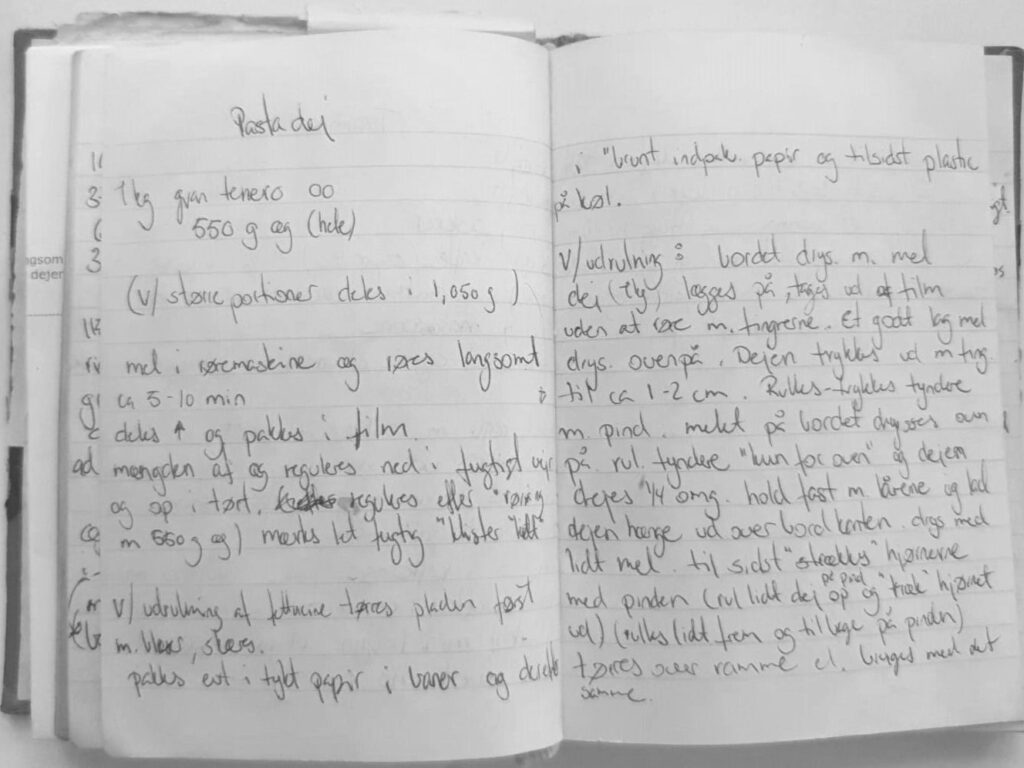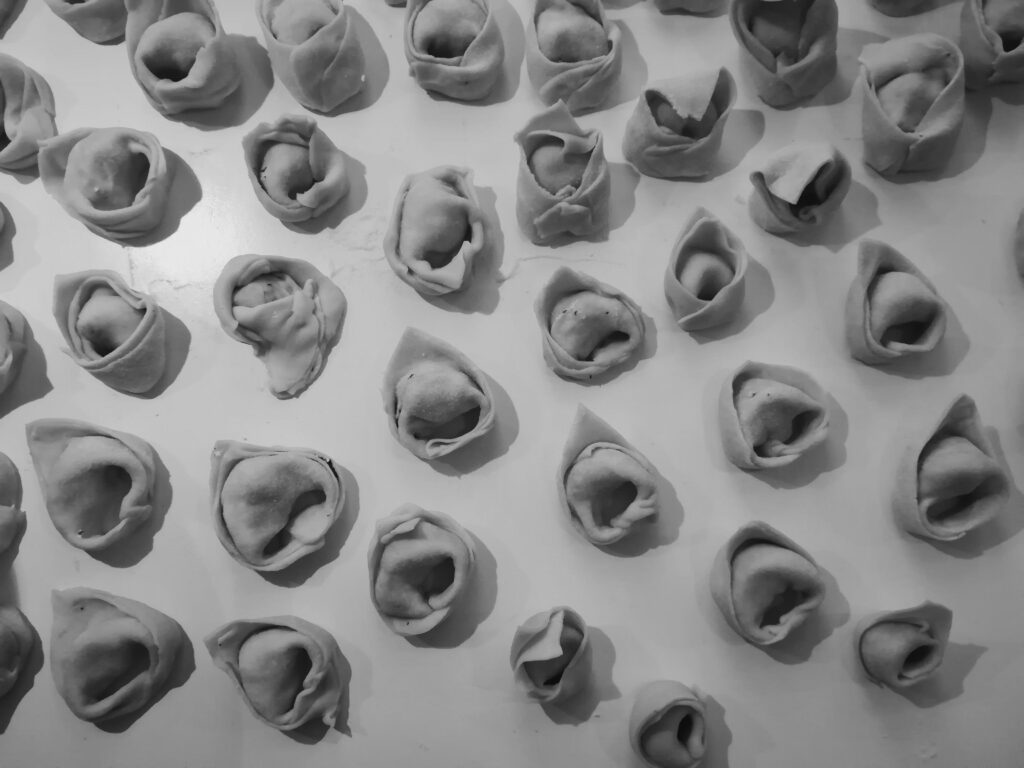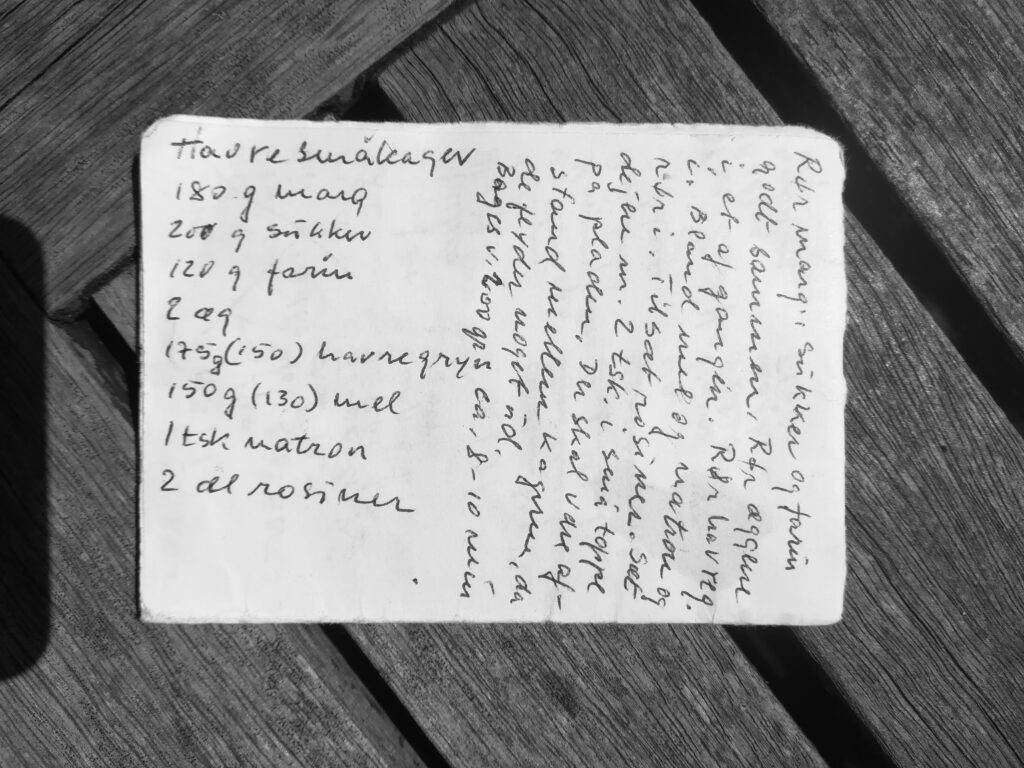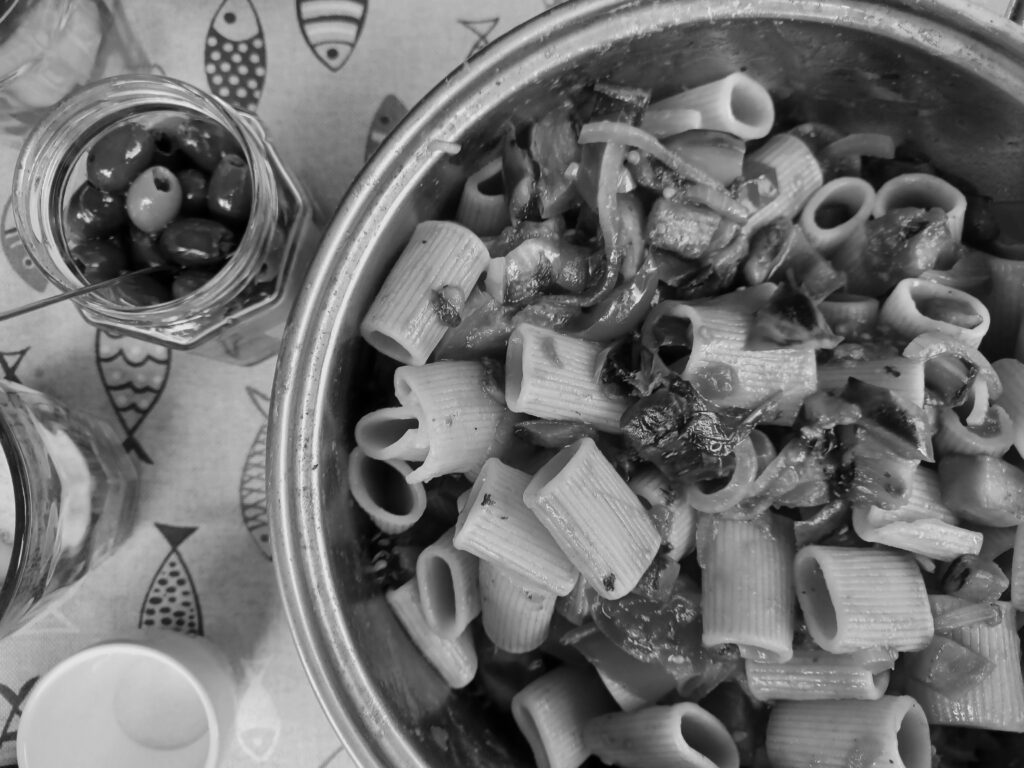Home is something special to all of us. The feeling of home is almost sacred, an intimate and personal sensation, and we often connect the emotions of home with tangible articles like the actual house, the people with whom you share your home, or the kitchen, the heart of the house. In the kitchen, countless hours are spent planning, preparing, partaking. It is a place of social gatherings where dishes, decorations, and delicacies come together, enriching our palates and connecting us through a culinary experience.
From this magical place, memories and recollections are stewed together, and we create the feeling of home through cuisines.
I have spent numberless hours in my kitchen, and my derived memories are just as numerous as the dishes I have served. However, one moment stands out. In my mind, the image created when recalling this memory is sincere and heartfelt. I can feel the warmth from my surroundings and hear the subtle clutter of utensils and the words exchanged between my father and me. The aroma of fresh egg and melted butter tickles my nostrils, the occasional taste flavours my mouth, and I can feel the slightly dry sensation of my fingers assembling the rough dough in my palms.
We are making tortellini filled with ricotta and spinach, later to be bathed in a rich sage and butter sauce.
He used to work at Pastificio Artiginale Dal Fiume Paola, a pasta boutique in Bologna, where he would make all kinds of pasta. From his memories, we now created my memories while he was teaching me about tortellini, tortelloni, and tortelacci, and telling me stories from his time in the little pasta shop.
But how do these remembrances end up being burned inside our minds? Why do some moments stand out? And where are culinary experiences on the menu of the future?
1.

2.

3.

4.

Taste is connected to memory in more than just a “Proustian moment.” In fact, it is scientifically proven that the hippocampus, the part of the brain responsible for memory, is connected to the part of the brain that concerns taste, the taste cortex. Not only is the mind occupied with reforming a memory of a time in which a specific recipe was the tie between you and the occasion, but the brain is also cooking a fusion bringing forth the sensations that a particular taste and smell accompanies.
However, is it merely about the physiology of the brain?
As you might have guessed, I come from a family which appreciates homemade food, and cooking is about much more than the meagre nutrients served on the table. The dining table facilitates its own gravitational pull towards which we all gather around plates, pots, and pans to celebrate the art of food, company, connection. It is about a process—mindful to some, exacting to others—to create the daily centrepiece. It is a process that begins already from the supermarket aisle where the menu must be assembled, a process that runs through the meal until the last chair has been pushed back under the table and the meal no longer exerts its congregating power. Until the next day, that is, when the course of action takes place once again to perform what it does best. Connecting.
Therefore, I can’t help but wonder what is happening to the beauty of how long dinners, where mouths are fed not only with food but also the words of others, in a world where everything must always become faster, easier, cheaper.
Will the meal be cast aside for a quick bite in between progression and productivity? Will we lose meaningful conversations fueled by full stomachs and still-hungry eyes? Will we stop creating the sweet sensational memories of being culinarily home?
I hope that kitchen windows will continue to be a peek into someone’s culinary recollections.
I hope they will never tire of giving a taste of other’s refound culinary sensations.
I hope they will never stop being the home of feeling culinarily home.
Reply